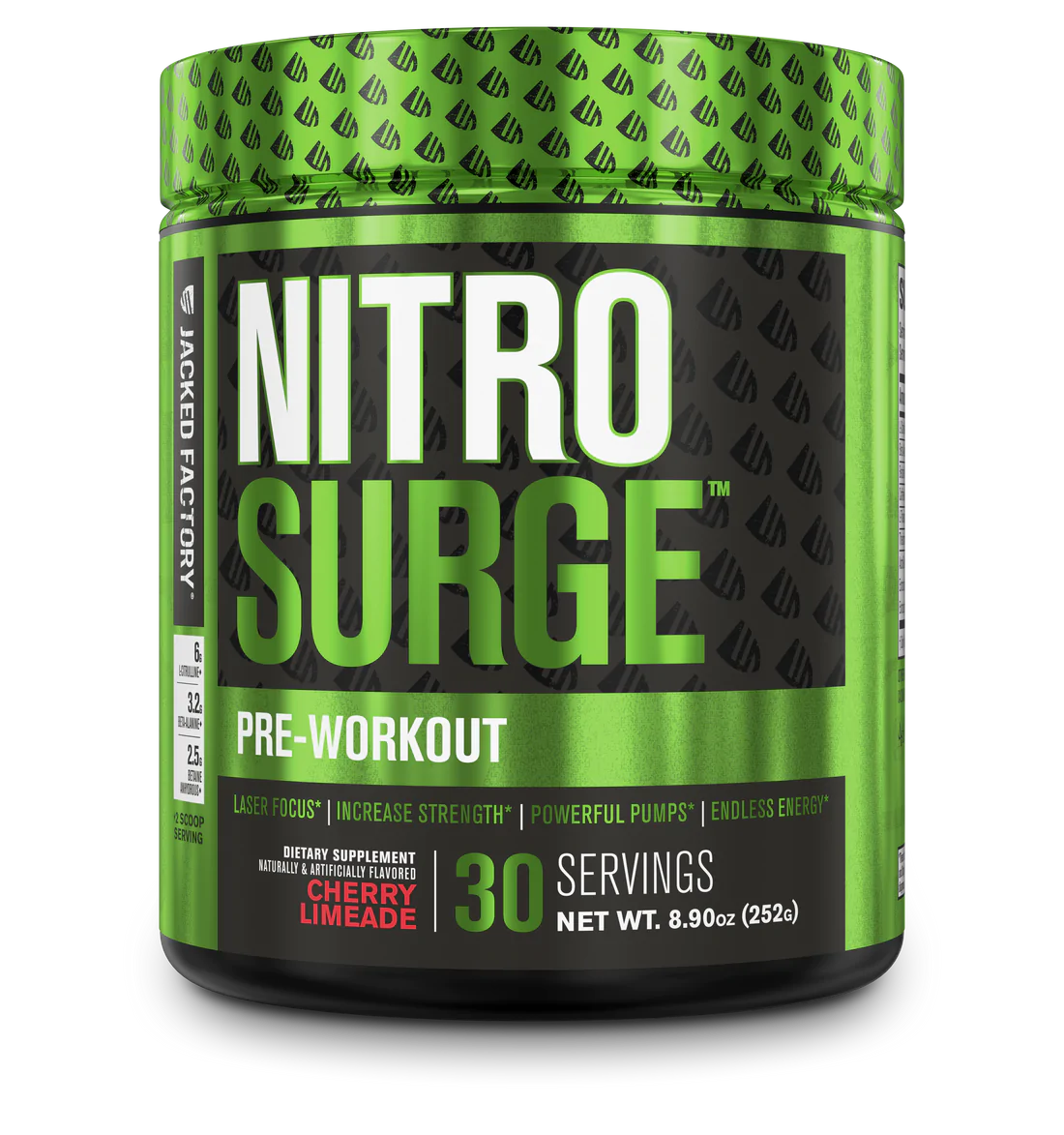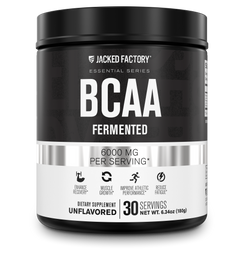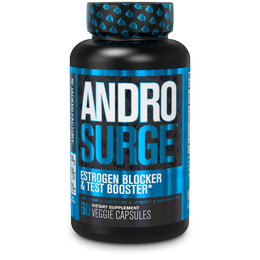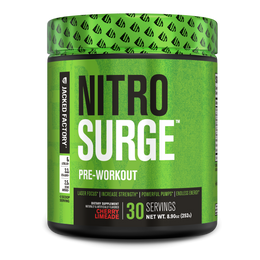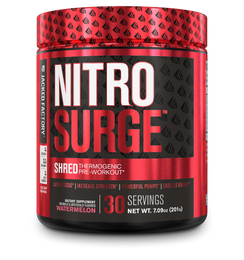Betaine anhydrous (sometimes also referred to as trimethylglycine or “TMG”) is a compound derived from the amino acid choline and is naturally occurring in plant species (especially sugar beets).
In recent years, betaine anhydrous has garnered a healthy amount of praise in sports supplementation, specifically as a pre-workout augmenter and potent performance enhancer.
How Betaine Anhydrous Works Physiologically
In humans, betaine anhydrous serves a variety of roles as a methyl-group donor and cofactor; of particular importance is the methylation of the amino acid homocysteine, an amino acid which has been linked to vascular and inflammatory issues when not properly regulated in the body.
Therefore, betaine anhydrous is a crucial component to the formulation of many biologically important molecules and regulator of homocysteine levels. [1,2]
Furthermore, betaine anhydrous is an osmotic compound and promotes cellular hydration, much like creatine does. This helps maintain cellular integrity and water balance.
Betaine Anhydrous as a Sports Supplement

Betaine anhydrous appears to have a multitude of benefits for athletes and gym-goers alike.
It has been gaining a reputation as a pre-workout performance enhancer (for power and energy boosts) and also as a possible adjunct for fat-loss regimens. The primary reasons to supplement with betaine anhydrous include: [3-6]
- Increased power output
- Increased capacity to perform anaerobic work
- Increased energy levels
- Promotes cellular hydration (similar to creatine)
- May reduce LDL cholesterol/blood lipids
- May help reduce body-fat tissue (needs more conclusive research)
Betaine anhydrous also appears to have benefits for anxiety and depression since it increases S-adenosylmethionine (SAMe) in the process of regenerating methionine.
SAMe is has been linked to decreasing depression and anxiety in a variety of studies.
This could indeed be beneficial for athletes and trainees looking to improve their state-of-mind.
Possible side effects from betaine anhydrous
Betaine anhydrous, like many other compounds, needs to be used properly to reduce possible side effects.
Fortunately, betaine anhydrous is generally well-tolerated and has limited side effects with nominal doses. The most common side effects associated with betaine anhydrous use may include:
- Gastrointestinal upset
- Nausea
- Diarrhea (in rare situations)
Who can benefit from betaine anhydrous
- Physique competitors
- Athletes involved in aerobic and/or anaerobic events
- Powerlifters
- Those looking for increased strength and power output during training
- Those looking to enhance fat loss and promote healthy blood lipids
Who should not use betaine anhydrous
- Pregnant or breastfeeding women
- Those with kidney disease
- Those with cardiovascular disease
- Those dealing with homocystinuria (high homocysteine levels)
When to take betaine anhydrous
- Ideally, betaine anhydrous should be ingested about 15-30 minutes before training.
- May also be used during training if desired
Recommended dose
- Start with a once-daily dose of 2.5g (one serving of Altius contains 2.5g)
- If desired, the dose may be increased to 5g split into two doses throughout the day
Betaine Anhydrous FAQ
Can I just eat sugar beets rather than using supplements?
Unfortunately, it’s not very practical to obtain the doses of betaine anhydrous suggested through diet; you would have to eat an excessively large amount of specific foods to come close.
Is betaine anhydrous the same thing as betaine HCl?
Generally, betaine HCl is used as a digestive aid since it stimulates the production of stomach acid. A large enough dose of betaine HCl will cause heartburn, so the anhydrous form is a better option for performance enhancement.
Should betaine be taken on an empty stomach?
This is likely due to the rare occurrence of stomach distress that may occur after ingesting betaine anhydrous; it is actually absorbed fine with or without a meal.
How long does it usually take to notice the effects of betaine anhydrous?
Betaine anhydrous should start to gain effectiveness after the first week or two of use.
References:
- Olthof, M. R., Van Vliet, T., Verhoef, P., Zock, P. L., & Katan, M. B. (2005). Effect of homocysteine-lowering nutrients on blood lipids: results from four randomised, placebo-controlled studies in healthy humans. PLoS medicine,2(5), 446.
- Olthof, M. R., van Vliet, T., Boelsma, E., & Verhoef, P. (2003). Low dose betaine supplementation leads to immediate and long term lowering of plasma homocysteine in healthy men and women. The Journal of nutrition, 133(12), 4135-4138.
- Hoffman, J. R., Ratamess, N. A., Kang, J., Rashti, S. L., & Faigenbaum, A. D. (2009). Effect of betaine supplementation on power performance and fatigue.Journal of the International Society of Sports Nutrition, 6(1), 1-10.
- Hoffman, J. R., Ratamess, N. A., Kang, J., Gonzalez, A. M., Beller, N. A., & Craig, S. A. (2011). Effect of 15 days of betaine ingestion on concentric and eccentric force outputs during isokinetic exercise. The Journal of Strength & Conditioning Research, 25(8), 2235-2241.
- Abdelmalek, M. F., Sanderson, S. O., Angulo, P., Soldevila‐Pico, C., Liu, C., Peter, J., … & Lindor, K. D. (2009). Betaine for nonalcoholic fatty liver disease: Results of a randomized placebo‐controlled trial. Hepatology, 50(6), 1818-1826.
- Schwab, U., Alfthan, G., Aro, A., & Uusitupa, M. (2011). Long-term effect of betaine on risk factors associated with the metabolic syndrome in healthy subjects. European journal of clinical nutrition, 65(1), 70-76.

